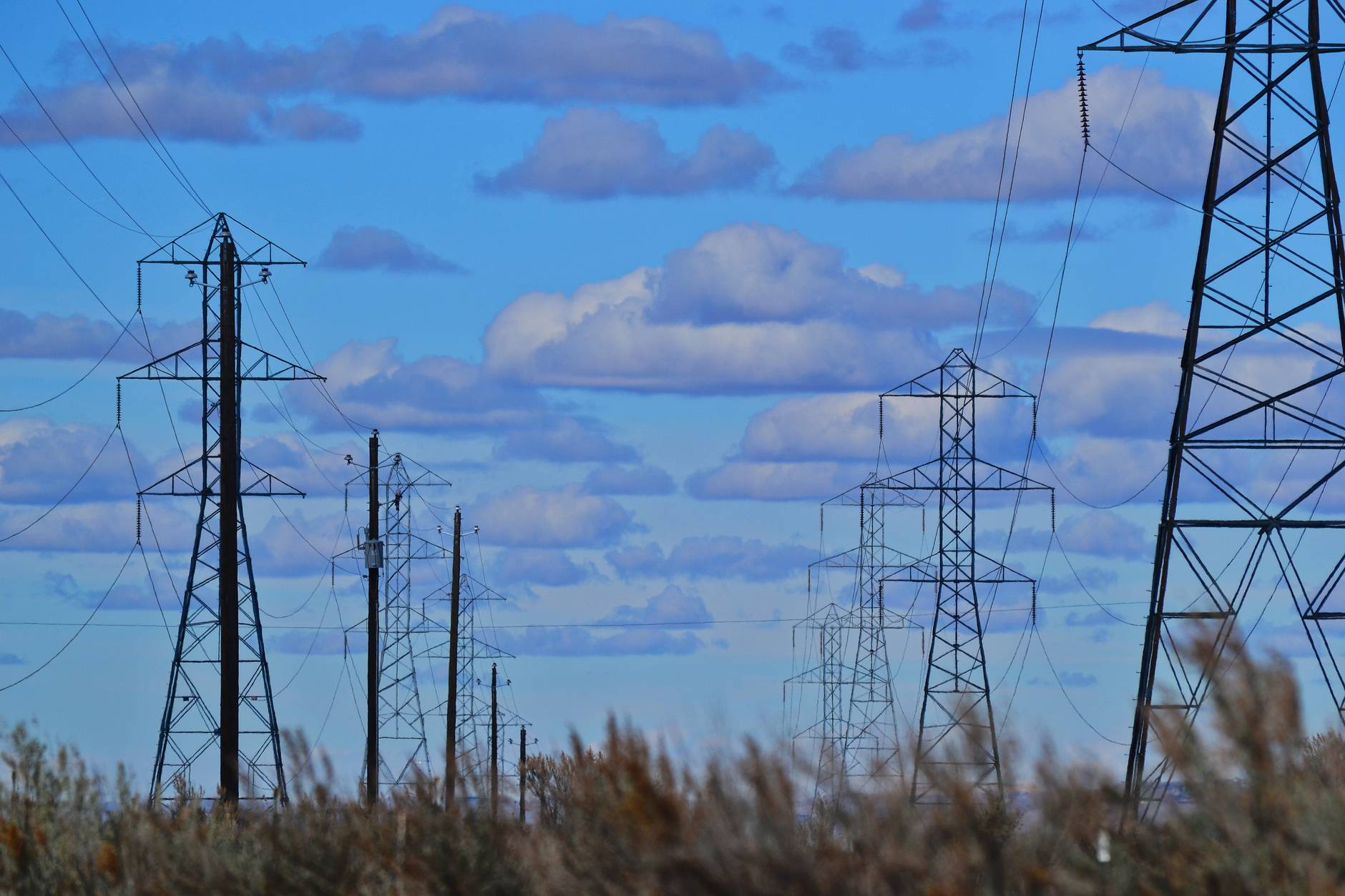
The Central Electricity Regulatory Commission (CERC) recently concluded its review of a petition filed by Tumkur-II REZ Power Transmission Limited. The petition sought the adoption of transmission charges for the “Transmission Scheme for Integration of Tumkur-II REZ in Karnataka,” which aims to integrate renewable energy zones through a new inter-state transmission system. The project was developed on a Build, Own, Operate, and Transfer (BOOT) basis and followed a transparent bidding process.
The bidding process was conducted by REC Power Development and Consultancy Limited, designated as the Bid Process Coordinator. Following the guidelines issued by the Ministry of Power, the bidding involved international competitive participation, ensuring transparency and competitiveness. After a thorough evaluation by the Bid Evaluation Committee (BEC), G R Infraprojects Limited emerged as the successful bidder. The company quoted the lowest annual transmission charges of ₹537.70 million, which was deemed competitive and lower than the estimated cost of ₹675.07 million.
The project scope includes establishing a 400/220 kV pooling station near Tumkur and a 400 kV double circuit line. All elements of the project are interdependent and need to be commissioned simultaneously. The BEC ensured that the bidding process adhered to the Ministry of Power’s guidelines, and the final results were publicly disclosed to maintain transparency.
The successful bidder completed all necessary agreements, including acquiring Tumkur-II REZ Power Transmission Limited and submitting performance guarantees. Subsequently, the petition for adopting the transmission tariff and the grant of a transmission license was filed with the Commission.
After examining the process and documents, the CERC approved the adoption of the ₹537.70 million annual transmission charges. The charges will be recovered in line with the Central Electricity Regulatory Commission (Sharing of Inter-State Transmission Charges and Losses) Regulations, 2020. The Commission highlighted that the entire process was conducted transparently and met all regulatory requirements. The petition was formally disposed of after this approval.
This development is a significant step toward enhancing renewable energy integration in Karnataka, reinforcing India’s commitment to expanding its clean energy infrastructure.













